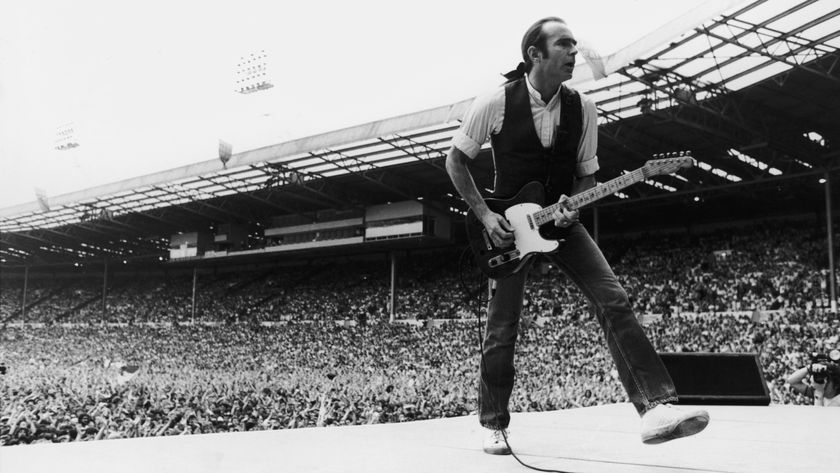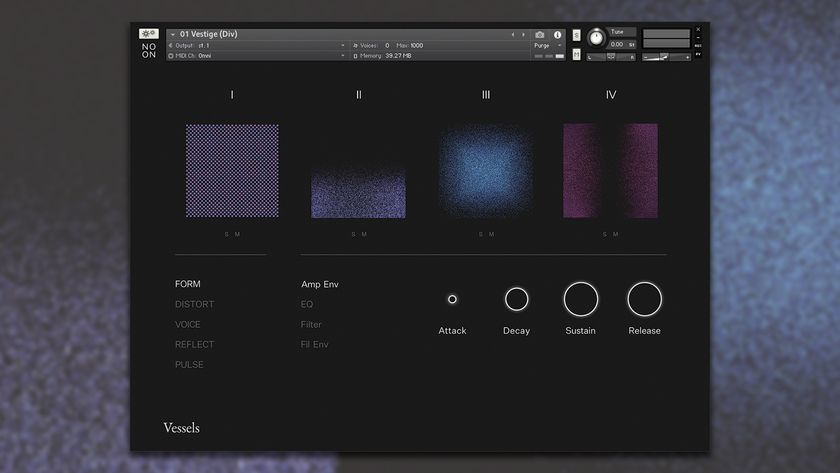
Joe Carnahan: the 10 records that changed my life
Way before he became the writer-director of such edgy, hard-boiled hits as Narc and Smokin' Aces, as well as the helmer of one of network TV's few certified smashes, The Blacklist, Joe Carnahan was a starry-eyed, nine-year-old budding Tony Manero, dreaming of prowling the streets of the then-uncool Brooklyn by day and ruling the lighted dance floor of the 2001 Odyssey Disco by night.
"I was obsessed with Saturday Night Fever," Carnahan says. "Problem was, it was rated R and I was way too young to see it. So getting the soundtrack album was a biggie for me; in fact, it was the only way I could sort of experience the movie. It was a double album, so you could open it up and look at all the photographs. I would tell my little brother what was going on in the movie based on the pictures. It was complete bullshit – I had no idea what was really going on – but the album brought me into the film in a very special way." He pauses, then adds, “And it didn’t hurt that the music was incredible. Those songs still stand.
"I always say that some very ordinary images can become extraordinary with the right music."
As a musician, Carnahan never got beyond the "messing about" stage – "I can play a little bass and drums, but the guitar always befuddled me" – but throughout his teens, he developed an appreciation of music that equaled his love of film. “A great piece of music becomes magnified and intensified with film," he observes, "and a film can be become better with the right choice of music. I always say that some very ordinary images can become extraordinary with the right music. The same picture can change before your eyes because of what you’re hearing."
While prepping episodes for the forthcoming second season of The Blacklist, along with a host of other projects, Carnahan has been working on an upcoming comedy-thriller called Stretch, starring Patrick Wilson Chris Pine and Jessica Alba. The director explains that he conceived the entire ending of the film to the song Telephone Line by the Electric Light Orchestra. "It's all worked out to that track," he says. "And so I’m saying this pre-emptively in the hope Jeff Lynne and company let me use it. I would even play the song to the actors during the last scene. So I don’t know what the hell I’m gonna do if I can’t get it. [Laughs] The ending is really great, but it works because of that song – it’s equal parts.”
While ELO didn't make the cut for Carnahan's "10 records that changed my life" (which includes some double choices and one extra for an even 11), the soundtrack to Saturday Night Fever most surely did. "That record had a massive impact on me – no two ways about it. I couldn't have a list like this without it."
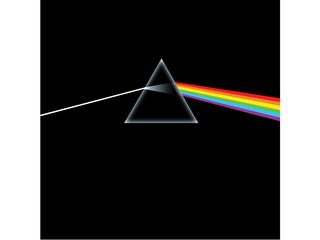
Pink Floyd - The Dark Side Of The Moon (1973)
“Perfect in conception and execution from the first song to the last: As immersive an experience as it was 40 years ago, when listeners first put needle to vinyl.
“Session producer Alan Parsons' evolved sonic soundscapes and the band’s paen to Sid Barrett’s slow slide into mental illness produced one of rock music’s mostly darkly operatic and indisputably great albums. It’s impossible not to include this record on any top 10 list.”
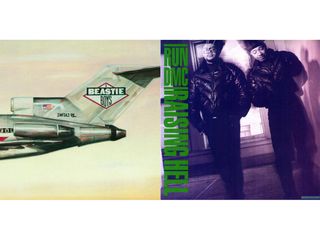
Beastie Boys - Licensed to Ill (1986) and Run-DMC - Raising Hell (1986)
“The duo soundtracks of my sophomore year in high school. Both are still incredible records. Run-DMC spawned every single great rap act to follow, including introducing the mash-up by incorporating Aerosmith’s Walk This Way and turning it into an ad hoc hip-hop/rock song, and the Beasties were doing things with rap that just hadn’t been done before.
“The reverse bassline that basically becomes the percussion track on Paul Revere is still cool as shit, nearly 30 years later.”
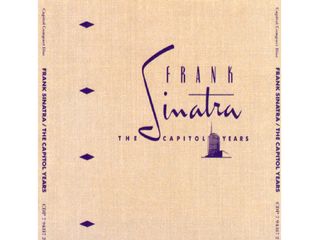
Frank Sinatra - The Capitol Years (1998)
“The Chairman in his most florid and refined vocal form, right in the sweet spot from ’53 to ’61, singing everything from standards like 3 Coins In A Fountain to the raucous, bombastic big band-backed Stars Fell On Alabama.
“I knew the entire compilation by heart by the time I was 20. I once bore witness to an 80-year-old woman, whose house I was moving, develop into something of an octogenarian version of Mrs. Robinson over the course of the day. I think she was just besotted by the fact that I knew all the lyrics to French Foreign Legion.”
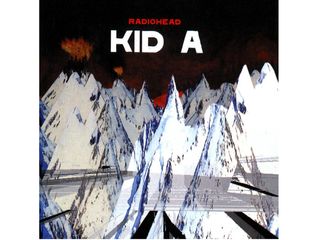
Radiohead - Kid A (2000)
“The collision of so many different sonic palettes, fused and grooved together so seamlessly. It’s a masterful fucking album by gifted fucking musicians. OK Computer is just as brilliant, but Kid A was the album that introduced me to the band.
“Tom Yorke’s haunting, falsetto trill could sound like nails-on-a-chalkboard in lesser hands, and Jonny Greenwood’s arrangements are both dour and melancholy yet strangely upbeat. Everything In Its Right Place and The National Anthem are my personal standouts.”

The Crystal Method - Vegas (1997) and The Chemical Brothers - Dig Your Own Hole (1997)
“The Crystal Method and The Chemical Brothers working at the top of their forms in 1997.
“From start to finish, they’re brilliant albums, ushering in what became the explosive electronic music scene from the mid-‘90s on. They both still sound great almost 20 years later.”
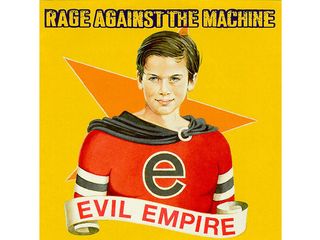
Rage Against The Machine - Evil Empire (1996)
“This is a ‘desert island album.’ Rage Against The Machine should be much more highly regarded than they are. Evil Empire is singularly socio-political in its premise: Performing a brutal vivisection of everything from our failed welfare and public school systems, to big business and corporate greed.
“Morello’s scalpel-like shredding produced some of the most vibrant, violent, volatile guitar riffs ever.”
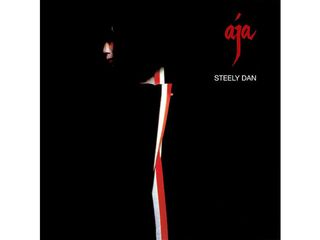
Steely Dan - Aja (1977)
“Steely Dan’s best album is also the one that always reminds me of my mother. She played this album probably 200 times throughout 1978.
“This band just doesn’t get its due, which is strange as they simply sound like nothing else of that era. Fagen’s voice remains one of a kind.”
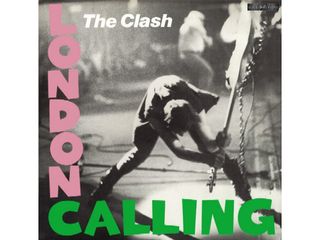
The Clash - London Calling (1979)
“No dark horse shocker here. One of the seminal bands of its day creating a double-album of timeless political edge and combining it with punk-rock’s mosh-pit ethos.
“To me, Joe Strummer, Mick Jones, Paul Simonon and Topper Headon were just as dazzling and talented a quartet as John, Paul, George and Ringo.”
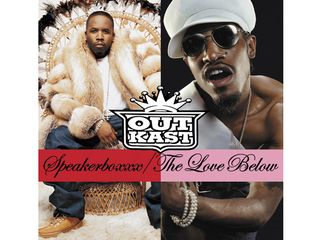
Outkast - Speakerboxxx/The Love Below (2003)
“A formidable, fearless album from the derty duo of Andre 3000 and Big Boi. Both men splitting duties and producing equal halves of a double album that now, more than a decade after its release, still plays so fresh and so clean.
My personal favorites are Ghetto Musick and Prototype, although the more radio-friendly Hey Ya is just as genre-bending now as it was in 2003. This album will always remind me of my aborted time on Mission Impossible 3 and how much joy it gave me during an otherwise tense time in my life.”
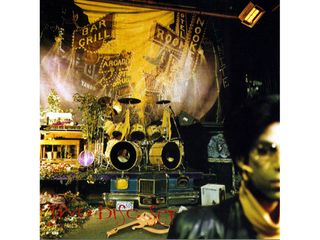
Prince - Sign O' The Times (1987)
“Prince covering everything from James Brown-infused gospel soul to vintage Hendrix licks. It’s a sublime work.
“If I Was Your Girlfriend remains one of the great unheralded love songs. And the track Adore, which lampoons the futility of falling love, is an all-out celebration of Prince’s blues ancestry. As a double album, it’s a knockout.”
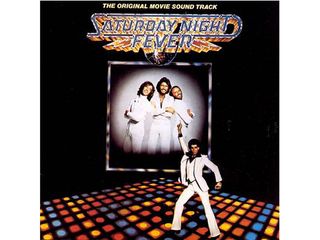
Saturday Night Fever: The Original Movie Sound Track (1977)
“I listened to it till the grooves wore off the wax. At the age of nine, I was convinced that I was a hot-as-shit disco king, and Saturday Night Fever helped fuel the fantasy.
“You Should Be Dancing by the Bee Gees remains an unmitigated genre classic, and More Than A Woman, a song whose lyrics I misheard as ‘Bald-Headed Woman,’ is still one of my favorites.”

Joe is a freelance journalist who has, over the past few decades, interviewed hundreds of guitarists for Guitar World, Guitar Player, MusicRadar and Classic Rock. He is also a former editor of Guitar World, contributing writer for Guitar Aficionado and VP of A&R for Island Records. He’s an enthusiastic guitarist, but he’s nowhere near the likes of the people he interviews. Surprisingly, his skills are more suited to the drums. If you need a drummer for your Beatles tribute band, look him up.

"Reggae is more freeform than the blues. But more important, reggae is for everyone": Bob Marley and the Wailers' Catch a Fire, track-by-track

“Part of a beautiful American tradition”: A music theory expert explains the country roots of Beyoncé’s Texas Hold ‘Em, and why it also owes a debt to the blues

"Reggae is more freeform than the blues. But more important, reggae is for everyone": Bob Marley and the Wailers' Catch a Fire, track-by-track

“Part of a beautiful American tradition”: A music theory expert explains the country roots of Beyoncé’s Texas Hold ‘Em, and why it also owes a debt to the blues

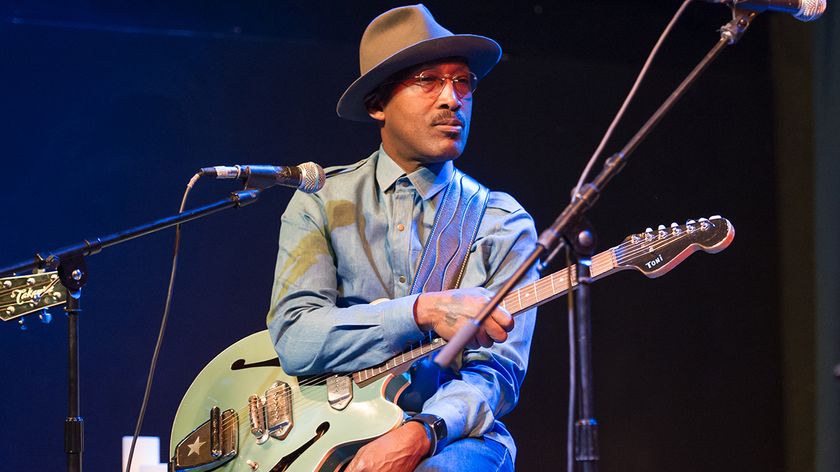
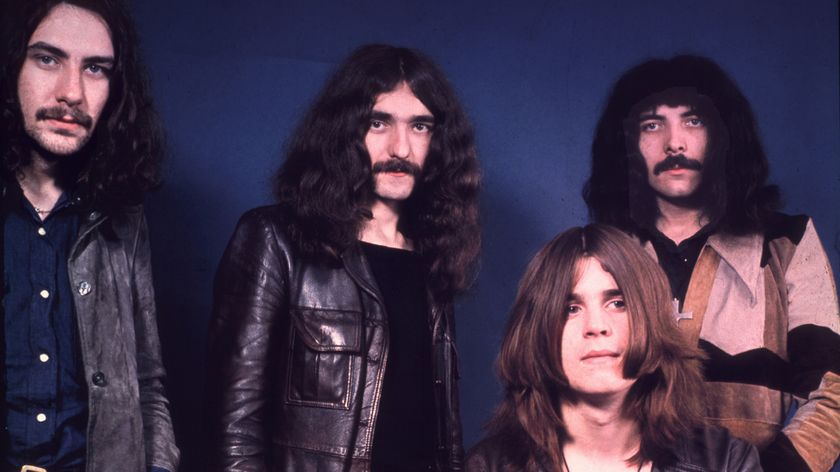

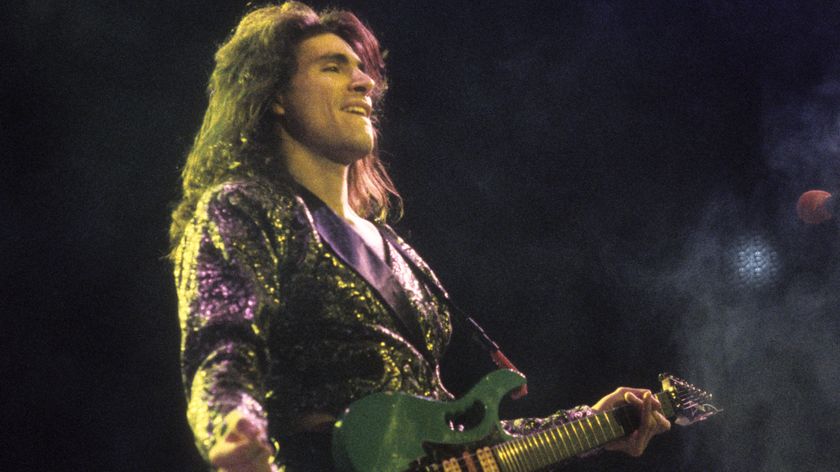
![Ben Eller wears a black Dunlop Tortex T-shirt [left] and holds a double-cut electric guitar; [right] Troy Sanders and Bill Kelliher perform onstage with Mastodon.](https://cdn.mos.cms.futurecdn.net/8HfaUNyCy7anC4ZXA2TJwR-840-80.jpg)
